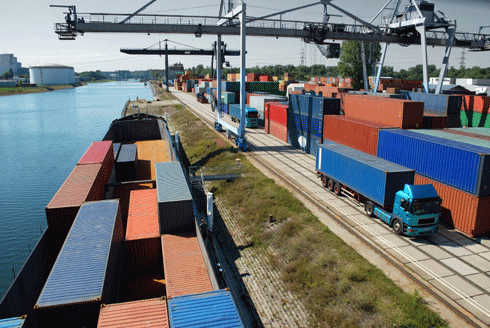
|
Published: 29 September 2014
Tackling food waste from root to stalk
Each year, every NSW household throws away more than $1000 of food, or 20 per cent of what they buy, according to the NSW Environmental Protection Authority (EPA). This is equivalent to one in five bags of groceries going straight to the bin.

|
|
Student chefs and event managers will be trained in food sustainability such as eating the whole vegetable from leaves to root. Credit:
©istock/bluewren
|
Researchers from the Institute for Sustainable Futures (ISF) at the University of Technology, Sydney (UTS), hope new practices such as root-to-stalk cooking – clever and delicious ways to use the whole vegetable – will focus community attention on wasting less food and keep the notion front-of-mind.
‘Imagine if we could weigh or photograph all the waste from our day-to-day cooking and how that might affect our cooking practices?’ says ISF Research Principal Jade Herriman.
‘It is only now that we are looking at food waste the way we have been thinking for years about water and power waste,’ she says.
The research team has just been awarded a grant from the NSW Government to introduce food sustainability into the curriculum for student chefs and event managers at Sydney TAFE.
The project will draw on resources from the NSW EPA’s Love Food, Hate Waste program that highlights how wasting food also wastes the energy, water and natural resources used to grow, package, transport and market that food.
Targeting people embarking on a career in the food industry – whether student chefs, front-of-house wait staff or event managers – is one way of spreading the Love Food, Hate Waste message through the community, says Herriman.
‘It’s about planning your menus so that you only buy what you need. It’s about storing food properly so it doesn’t spoil but it can also be something as simple as not skinning the carrots you are cooking, or using beetroot tops in a salad, akin to the nose-to-tail concept.
‘It’s about getting the idea of not wasting food front and centre for students.’
Planning has begun to introduce food waste reduction concepts into the Sydney TAFE curriculum. The researchers hope guest chef speakers will give talks to students during Good Food Month in October, which will include demonstrations of low-waste cooking at mobile kitchens.
Researchers will also be taking similar ideas into the UTS Business School to see food waste reduction embedded into coursework for masters students. The business school began a process four years ago to integrate sustainability into every subject, rather than treating the subject as an optional extra.
UTS Business School students focus on environmental and social dilemmas as an integral part of their studies, Professor for Sustainable Enterprise Suzanne Benn says.
‘The knowledge generated from this project will provide a context for them to consider business development opportunities,’ she says.
Source: University of Technology



